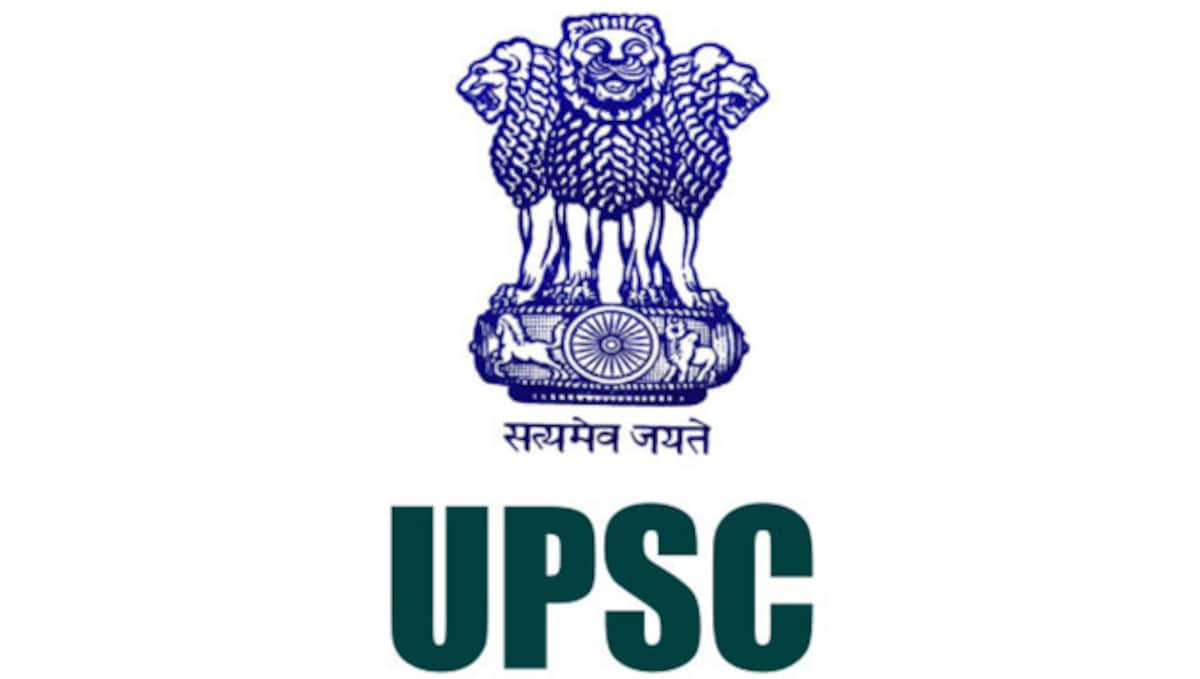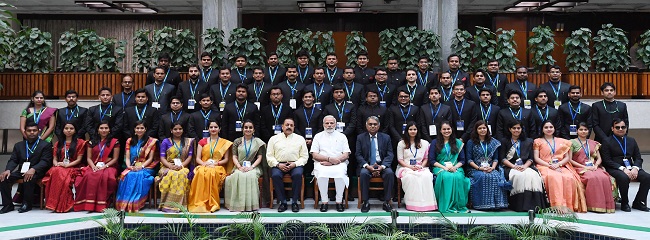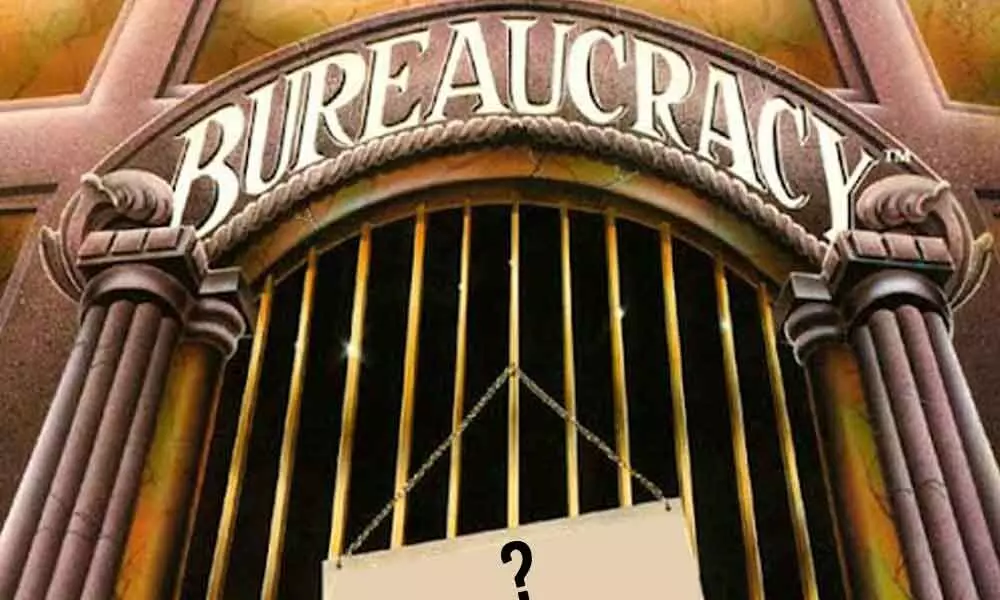Recently, Union Minister Nitin Gadkari on Tuesday said that the bureaucrats should readily implement whatever the ministers say, as the government works according to them.
He was speaking at an event in Nagpur and said, “I always tell the officers (bureaucrats), that the government will not work according to what you say, you only have to say “Yes Sir”. You have to implement whatever we (ministers) are saying. The government will work according to us.”
However, Mr. Gadkari is clearly misguided as the bureaucracy has played an important role in a developing country like India since independence. Also known as the ‘steel frame’ the Indian Civil Services were adopted by our freedom fighters British to ensure smooth functioning of the administration. One has to clear one of the toughest exams in the world, the UPSC-CSE to get into the Indian bureaucracy.

Credits: FirstPost
This is because the bureaucrats would be serving the world’s most complex and diverse democracy. Certainly, they have far greater knowledge than the politician-turned-ministers have when it comes to forming sound public policies.
“In India the role of bureaucracy is not only dominant in the implementation of public policies, but is also pervasive in respect of policy formulation”( R.B. Jain, The Role of Bureaucracy in Policy Development and Implementation in India, JSTOR).

PM Modi With 2016 Batch IAS Officers
(Tina Dabi and Athar Aamir Seen)
Credits: Indian Bureaucracy
R.B Jain, scholar on Indian public administration, says that the view that policy-making is primarily the agenda of the government; set by the political executive, and implemented by the bureaucracy is simply erroneous.
Government policy is basically an outcome of the interaction between the ministry, the top positions in the bureaucracy, as well as non-governmental actors like think tanks and NGOs, in a democracy like India.
Hence, Mr. Gadkari’s comments on the role of Indian bureaucracy are flawed. Gadkari also made two other controversial and factually inadequate statements. He said, “I know that no law comes in the way of the welfare of the poor, if such a law has to be broken even 10 times, we should not hesitate, this is what Mahatma Gandhi said.”
Maharashtra | I know that no law comes in the way of the welfare of the poor, if such a law has to be broken even 10 times, we should not hesitate, this is what Mahatma Gandhi said: Union Minister Nitin Gadkari in Nagpur (09.08) pic.twitter.com/EiIyYxHzVZ
— ANI (@ANI) August 10, 2022
He added that in 1995, thousands of tribal children died due to malnutrition in Gadricholi and Melghat as the villages had no roads and the forest laws were coming in the way of developing roads.
He said that “In the [Adivasi-dominated] Gadchiroli district, one cannot build dams, roads or bridges… Industries are stopped from being set up, and there is no scope for mining. Meanwhile, the Adivasis suffer due to poverty, starvation and unemployment.”
References: India Today, Scroll, Jstor
Featured Image Source: The Hans India



















































































